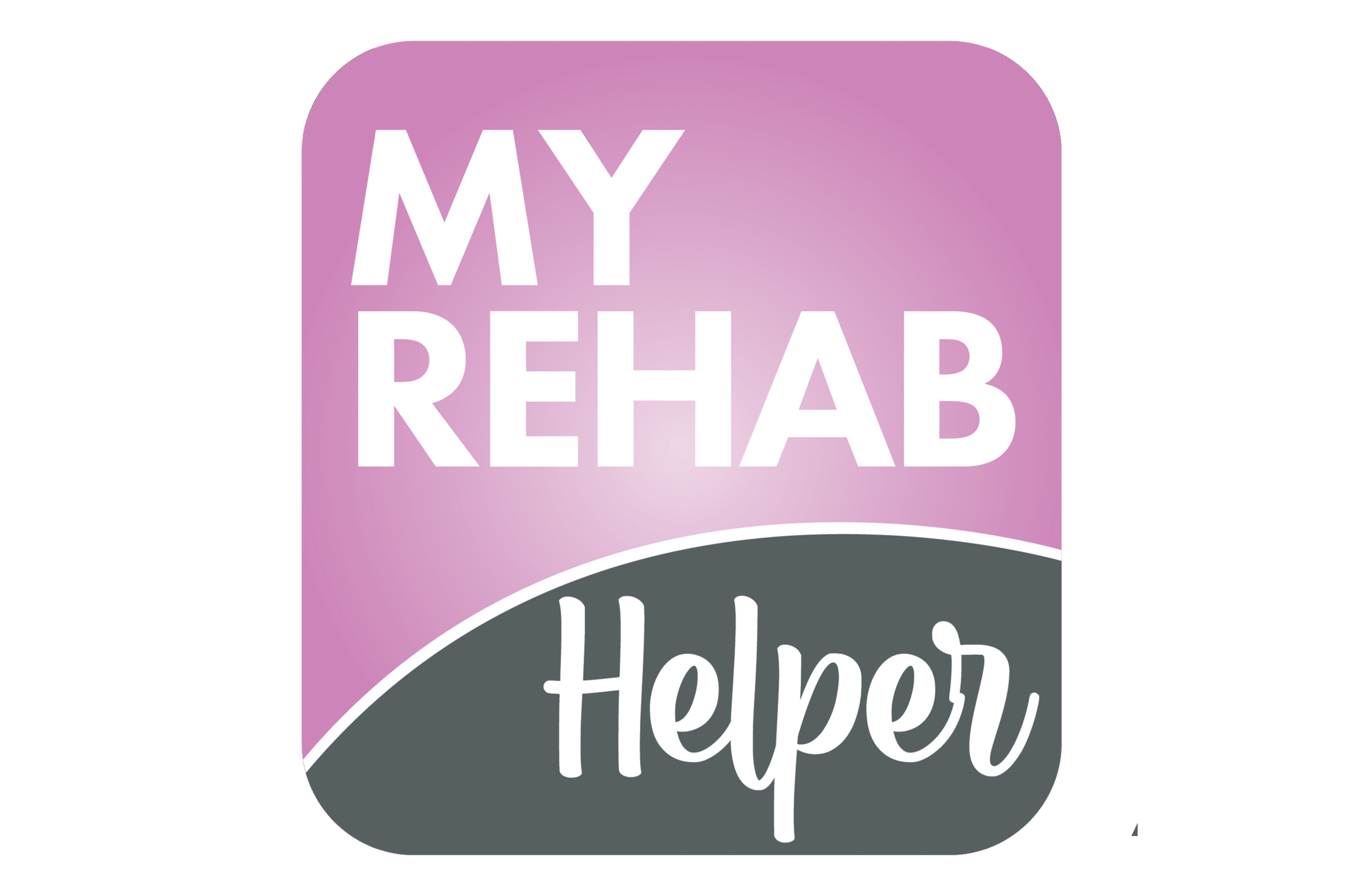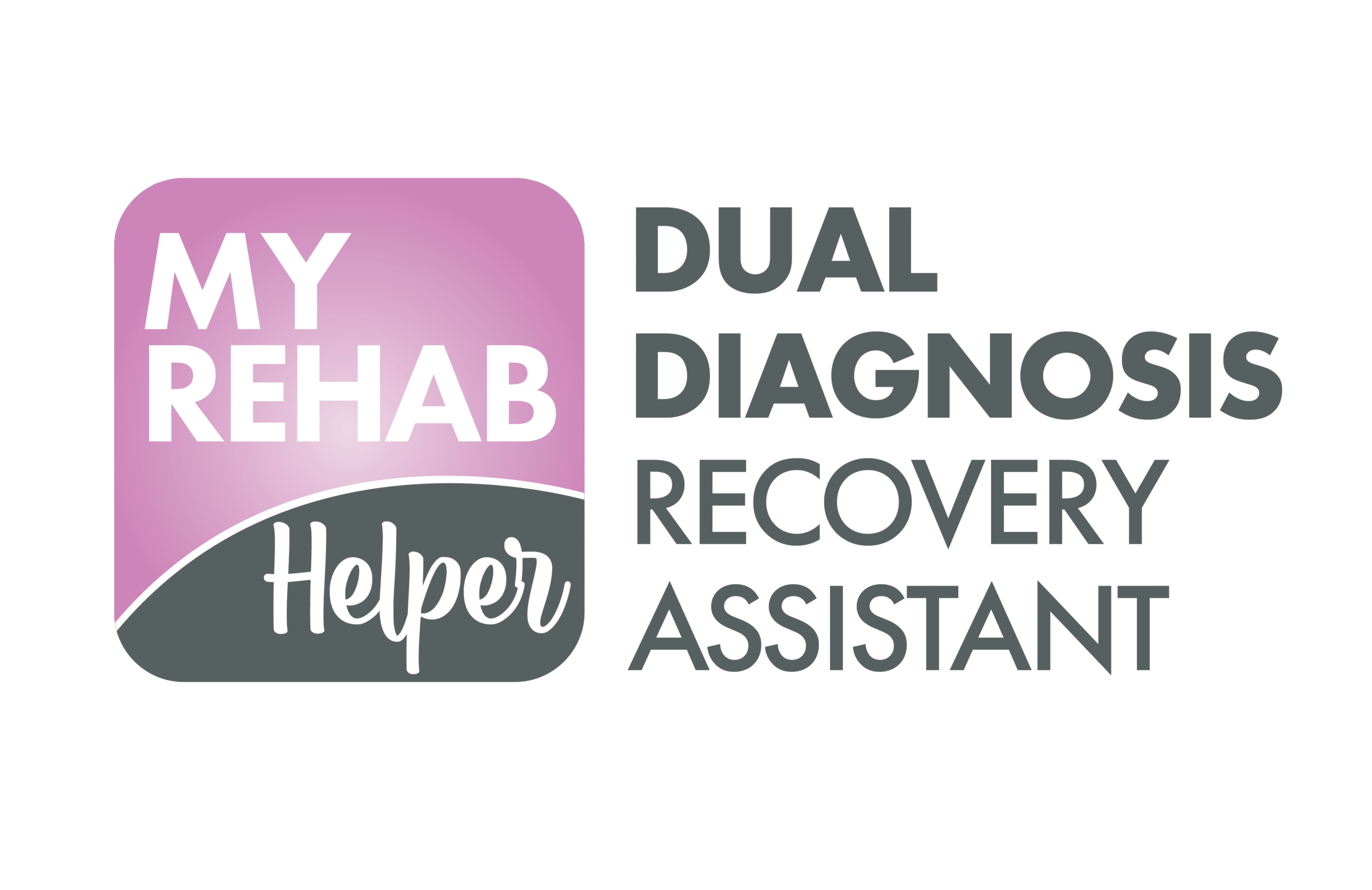Please note that our Boksburg location is now at 221 Rondebolt Road, Farrar Park, Boksburg and our MyRehab Helper Boksburg contact number is 073 530 0797

Finding Addiction Help near Boksburg
Addiction Help near Boksburg
Addiction Help near Boksburg
Common Questions on Addiction Help in Boksburg
Are you looking for addiction help near Boksburg? We address common questions to aid your search. Understanding available resources is crucial. Our guide aims to provide comprehensive answers.
What types of addiction help are available in Boksburg?
In Boksburg, various addiction help options are available to suit different needs. Outpatient programs offer flexibility, allowing individuals to attend therapy while living at home. Residential treatments provide intensive care for those with more severe needs. Support groups foster community and shared experiences, while counseling, including individual and family therapy, addresses emotional aspects of addiction. Holistic approaches like yoga and meditation also support overall well-being. MyRehab Helper can guide you to the best addiction help near Boksburg, ensuring a personalized recovery plan.
How can I find the right treatment facility?
Finding the right treatment facility near Boksburg involves considering several factors. Start by evaluating the type of care you need, whether outpatient or residential, based on the severity of the addiction. Selecting a facility also involves assessing accreditation and considering the treatment methods offered. The facility's reputation, along with staff qualifications, is crucial to ensure effective care. Personal needs should ultimately drive the final decision, ensuring the treatment plan aligns with your unique requirements. MyRehab Helper can assist you in finding the most suitable addiction treatment facility near Boksburg to meet your specific needs.
Call one of our MyRehab Helpers now!
Contact one of our helpers for ethical referals to a facility or health care professional that suits your unique circumstances.
What should I expect during treatment?
During treatment at an addiction facility near Boksburg, you can expect a structured program tailored to your needs. Initially, there may be an assessment to understand your addiction and any co-occurring mental health conditions. Treatment typically includes a combination of therapy, counseling, and support groups. You will be guided through various therapeutic approaches, such as cognitive-behavioral therapy (CBT), group therapy, and holistic treatments. Expect a supportive environment where your progress is monitored, and coping strategies are developed. The goal is to equip you with the tools to manage your addiction and lead a healthier, sober life.
Is there support for families of addicts?
Yes, many addiction treatment centers near Boksburg offer support for families of addicts. Family involvement is crucial in the recovery process, and support programs are designed to help loved ones understand addiction, improve communication, and develop healthy coping strategies. Family therapy sessions, educational workshops, and support groups provide a safe space for families to share their experiences and learn how to best support their loved one in recovery. These programs help strengthen the family unit, improve relationships, and ensure that both the individual and their family have the necessary resources for long-term success.
Are there any free addiction help resources?
Yes, there are free addiction help resources available near Boksburg. Many non-profit organizations, community health centers, and government-funded programs offer free or low-cost addiction treatment services. These resources may include support groups, counseling, and educational programs designed to assist individuals struggling with addiction. Additionally, some addiction treatment centers offer sliding scale fees based on income, making treatment more accessible. It’s important to research local options and reach out to organizations to find the most suitable free resources for your needs.
How long does addiction treatment usually last?
The duration of addiction treatment varies depending on the individual’s needs, the severity of the addiction, and the type of treatment program. Generally, outpatient programs may last from a few weeks to several months, while residential treatment programs typically range from 30 to 90 days. Long-term treatment may be necessary for those with more severe addictions or co-occurring mental health disorders. After initial treatment, ongoing support through aftercare services, such as counseling and support groups, can continue for months or even years to ensure long-term recovery. The key is that treatment duration is tailored to support sustained recovery.
How effective is addiction treatment in Boksburg?
Addiction treatment in Boksburg can be highly effective when individuals receive personalized care that addresses their specific needs. Success rates depend on various factors, including the type of treatment program, the commitment of the individual, and the support system in place. Treatment centers in Boksburg offer a range of evidence-based therapies, including counseling, group therapy, and holistic approaches, which have proven to help individuals overcome addiction.
Can addiction be totally cured?
What is involved in aftercare?
Aftercare is a critical part of addiction treatment, designed to support individuals as they transition from treatment back to everyday life. It involves a range of services and strategies to help prevent relapse and maintain long-term recovery. Aftercare may include ongoing therapy, support groups, regular check-ins with a counselor, and access to community resources. It also focuses on building life skills, coping strategies, and emotional resilience. The goal of aftercare is to provide continuous support, reinforce recovery goals, and help individuals navigate challenges as they work to maintain sobriety in the real world.
Are online resources available for addiction help?
Yes, online resources for addiction help are widely available and can be accessed remotely. Many treatment centers offer virtual therapy sessions, support groups, and educational materials that individuals can engage with from the comfort of their own home. These remote resources include video counseling, interactive forums, and self-help tools, which provide ongoing support and guidance. With the flexibility of online platforms, individuals can participate in treatment and recovery programs without needing to be physically present at a facility. Additionally, many apps and websites offer tracking tools, coping strategies, and daily motivational content to help individuals stay on track with their recovery journey, making it easier for those with limited access to in-person services or who prefer remote options.
Call one of our MyRehab Helpers now!
Contact one of our helpers for ethical referals to a facility or health care professional that suits your unique circumstances.
What are common challenges during recovery?
Common challenges during recovery from addiction include managing cravings, coping with triggers, and dealing with emotional and psychological issues. Many individuals struggle with maintaining motivation, especially during the early stages of recovery, and may experience feelings of isolation or frustration. Relapse is another significant challenge, as some may find it difficult to stay sober in high-stress situations or when faced with negative emotions. Additionally, rebuilding relationships with family and friends can be difficult, as trust may have been broken during the addiction. Financial or work-related stressors can also complicate the recovery process. However, with the right support, treatment, and coping strategies, these challenges can be overcome, leading to long-term recovery and personal growth.
Do relapse rates affect treatment approaches?
Yes, relapse rates play a significant role in shaping treatment approaches. While relapse is common in addiction recovery, it does not mean that treatment has failed. In fact, it highlights the need for ongoing support and adjustments to the treatment plan. As relapse rates are high, especially during the early stages of recovery, treatment centers focus on equipping individuals with tools and strategies to prevent relapse. This includes teaching coping skills, identifying triggers, and enhancing emotional regulation. Treatment approaches are continuously refined to address the complexities of addiction, ensuring that individuals receive the necessary support to maintain long-term sobriety. By understanding relapse patterns, addiction treatment programs can provide more tailored and effective care, helping individuals stay on track during their recovery journey.
Is inpatient treatment better than outpatient?
The choice between inpatient and outpatient treatment depends on the individual's specific needs, the severity of their addiction, and their personal circumstances. Inpatient treatment provides a more intensive level of care, offering 24/7 supervision, a structured environment, and access to medical professionals and therapists. This is often ideal for individuals with severe addictions or those who require a safe and controlled environment to detox and begin their recovery. On the other hand, outpatient treatment offers flexibility, allowing individuals to receive care while continuing with daily responsibilities like work or family. It is typically recommended for those with a less severe addiction or those who have already completed inpatient treatment. Both approaches can be effective, and often, a combination of both is used to provide the most comprehensive care. Ultimately, the right choice depends on the individual’s needs and treatment goals.
What local support groups are recommended?
In Boksburg, several local support groups are available to help individuals in recovery from addiction. These groups provide a sense of community, encouragement, and shared experiences, which can be crucial for long-term sobriety. Some of the well-known support groups include:
Alcoholics Anonymous (AA) – AA offers peer support for individuals struggling with alcohol addiction, using a 12-step program to help individuals maintain sobriety.
Narcotics Anonymous (NA) – NA is similar to AA but focuses on helping those struggling with drug addiction. It provides a supportive environment where individuals can share their struggles and progress.
These local support groups play a vital role in addiction recovery by providing a network of understanding individuals and resources to help stay on track.
Contact MyRehab Helper for personalized guidance
If you're looking for personalized guidance on addiction treatment in Boksburg, MyRehab Helper is here to help. Our team is dedicated to providing the support and resources you need to make informed decisions about your recovery journey. Whether you're seeking advice on treatment options, funding, or aftercare services, we are ready to assist you every step of the way. Contact us today to speak with one of our experts and take the first step toward a healthier, addiction-free life. We're committed to finding the right solution tailored to your unique needs.
